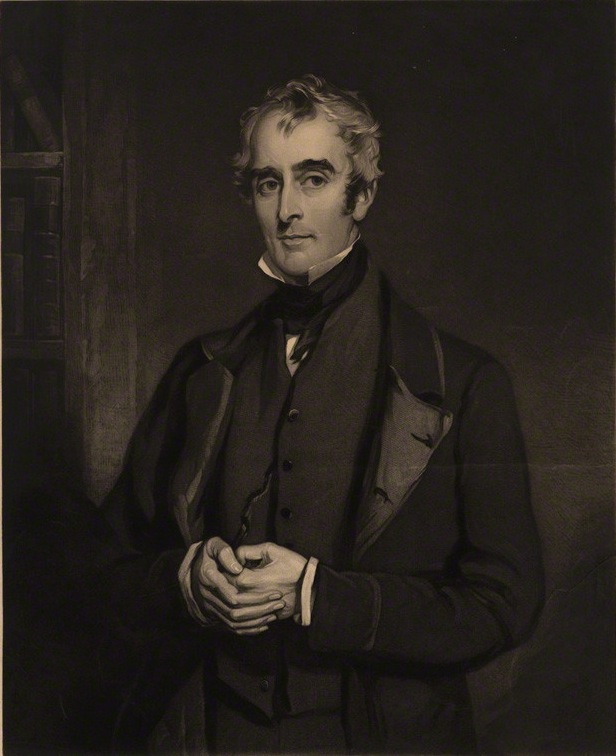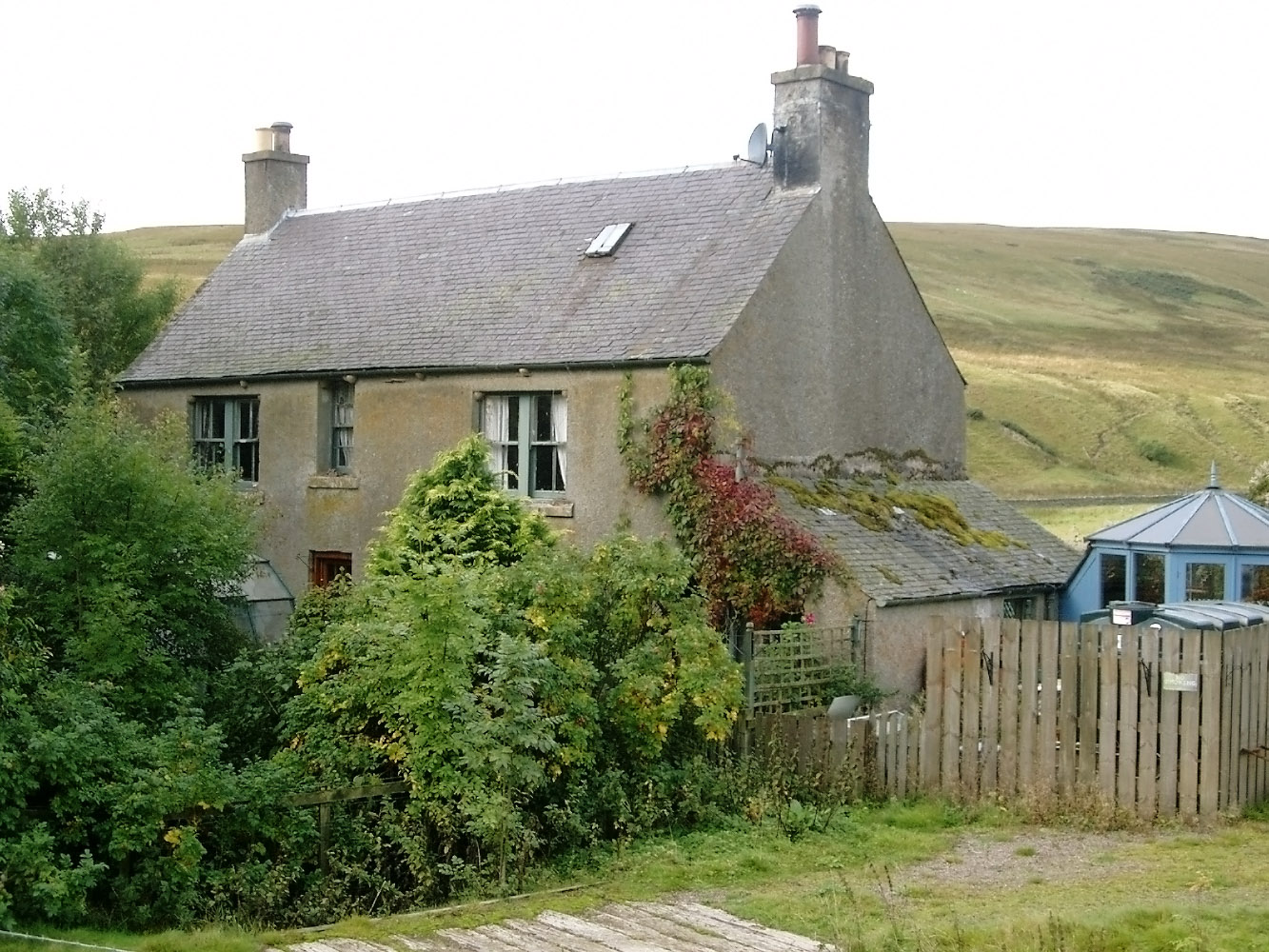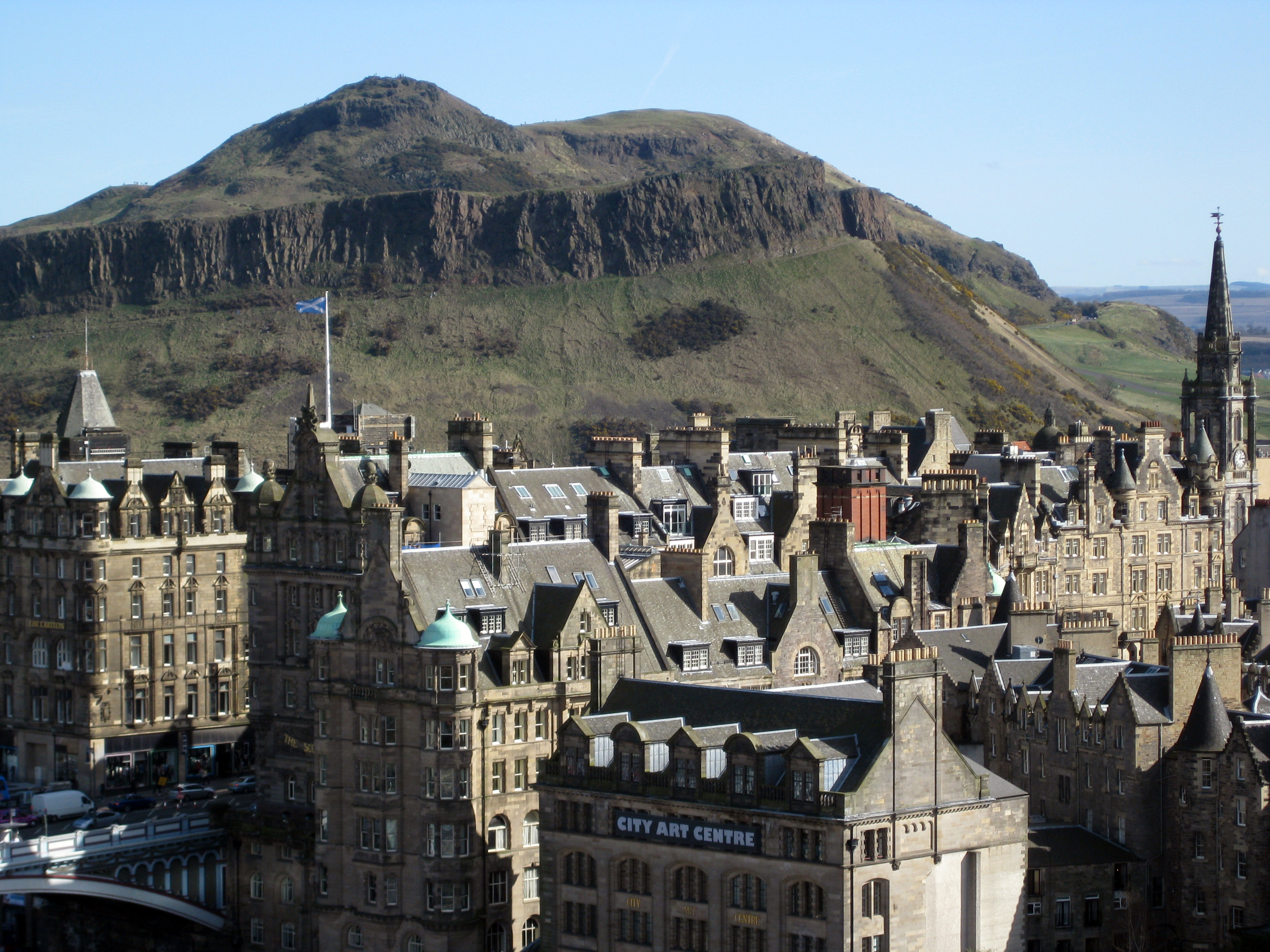|
Noctes Ambrosianae
The ''Noctes Ambrosianae'', a series of 71 imaginary colloquies, appeared in ''Blackwood's Magazine'' from 1822 to 1835. The earlier ones had several different authors, including John Gibson Lockhart, William Maginn, James Hogg and Professor John Wilson, but from 1825, with the 19th in the series, the contributions by Wilson predominate, and he eventually wrote all or most of 39 of the dialogues, as well as parts of some others. The scene is usually set in Ambrose's Tavern in Edinburgh, and the central characters are "Christopher North" (Wilson himself), "Timothy Tickler" (based on Robert Sym, 1750–1840, previously a Writer to the Signet), and the "Ettrick Shepherd" (based on James Hogg). Several other characters, imaginary or based on real people, including the "English Opium Eater" (Thomas De Quincey Thomas Penson De Quincey (; 15 August 17858 December 1859) was an English writer, essayist, and literary critic, best known for his '' Confessions of an English Opium-Eater ... [...More Info...] [...Related Items...] OR: [Wikipedia] [Google] [Baidu] |
Colloquy '', the online companion of the ''Northwestern University Law Review''
{{Disambiguation ...
Colloquy may refer to: * Colloquy (religious), a meeting to settle differences of doctrine or dogma * Colloquy (company), a loyalty marketing company based in Milford, Ohio * Colloquy (law), a legal term * Colloquy (IRC client), an IRC client for Mac OS X and iOS See also * ''Northwestern University Law Review Colloquy The ''Northwestern University Law Review'' is a law review and student organization at Northwestern University School of Law. The ''Law Review''s primary purpose is to publish a journal of broad legal scholarship. The ''Law Review'' publishes six ... [...More Info...] [...Related Items...] OR: [Wikipedia] [Google] [Baidu] |
Blackwood's Magazine
''Blackwood's Magazine'' was a British magazine and miscellany printed between 1817 and 1980. It was founded by the publisher William Blackwood and was originally called the ''Edinburgh Monthly Magazine''. The first number appeared in April 1817 under the editorship of Thomas Pringle and James Cleghorn. The journal was unsuccessful and Blackwood fired Pringle and Cleghorn and relaunched the journal as ''Blackwood's Edinburgh Magazine'' under his own editorship. The journal eventually adopted the shorter name and from the relaunch often referred to itself as ''Maga''. The title page bore the image of George Buchanan, a 16th-century Scottish historian, religious and political thinker. Description ''Blackwood's'' was conceived as a rival to the Whig-supporting '' Edinburgh Review.'' Compared to the rather staid tone of ''The Quarterly Review'', the other main Tory work, ''Maga'' was ferocious and combative. This is due primarily to the work of its principal writer John Wilson, who ... [...More Info...] [...Related Items...] OR: [Wikipedia] [Google] [Baidu] |
John Gibson Lockhart
John Gibson Lockhart (12 June 1794 – 25 November 1854) was a Scottish writer and editor. He is best known as the author of the seminal, and much-admired, seven-volume biography of his father-in-law Sir Walter Scott: ''Memoirs of the Life of Sir Walter Scott, Bart'' Early years Lockhart was born on 12 June 1794 in the manse of Cambusnethan House in Lanarkshire to Dr John Lockhart, who transferred in 1796 to Glasgow, and was appointed minister in the Presbyterian Church of Scotland, and his second wife Elizabeth Gibson (1767–1834), daughter of Margaret Mary Pringle and Reverend John Gibson, minister of St Cuthbert's, Edinburgh. He was the younger paternal half-brother of the politician William Lockhart. Lockhart attended Glasgow High School, where he showed himself clever rather than industrious. He fell into ill-health, and had to be removed from school before he was 12; but on his recovery he was sent at this early age to the University of Glasgow, and displayed so much ... [...More Info...] [...Related Items...] OR: [Wikipedia] [Google] [Baidu] |
William Maginn
William Maginn (10 July 1794 – 21 August 1842) was an Irish journalist and writer. About Born at Cork he became a contributor to ''Blackwood's Magazine'', and after moving to London in 1824 became for a few months in 1826 the Paris correspondent to '' The Representative'', a paper started by John Murray, the publisher. When its short career was run, he helped to found in 1827 the ultra Tory ''Standard,'' a newspaper that he edited along with a fellow graduate of Trinity College, Dublin, Stanley Lees Giffard; he also wrote for the more scandalous Sunday paper, ''The Age''. In 1830 he instigated and became one of the leading supporters of ''Fraser's Magazine''. His ''Homeric Ballads'', much praised by contemporary critics,E.g., Matthew Arnold, ''On Translating Homer''. were published in ''Fraser's'' between 1839 and 1842. In 1837, ''Bentley's Miscellany'' was launched, with Charles Dickens as editor, and Maginn wrote the prologue and contributed over the next several years a se ... [...More Info...] [...Related Items...] OR: [Wikipedia] [Google] [Baidu] |
James Hogg
James Hogg (1770 – 21 November 1835) was a Scottish poet, novelist and essayist who wrote in both Scots and English. As a young man he worked as a shepherd and farmhand, and was largely self-educated through reading. He was a friend of many of the great writers of his day, including Sir Walter Scott, of whom he later wrote an unauthorised biography. He became widely known as the "Ettrick Shepherd", a nickname under which some of his works were published, and the character name he was given in the widely read series '' Noctes Ambrosianae'', published in ''Blackwood's Magazine''. He is best known today for his novel ''The Private Memoirs and Confessions of a Justified Sinner''. His other works include the long poem '' The Queen's Wake'' (1813), his collection of songs ''Jacobite Relics'' (1819), and his two novels ''The Three Perils of Man'' (1822), and ''The Three Perils of Woman'' (1823). Biography Early life James Hogg was born on a small farm near Ettrick, Selkirkshire, ... [...More Info...] [...Related Items...] OR: [Wikipedia] [Google] [Baidu] |
John Wilson (Scottish Writer)
John Wilson of Elleray FRSE (18 May 1785 – 3 April 1854) was a Scottish advocate, literary critic and author, the writer most frequently identified with the pseudonym Christopher North of ''Blackwood's Edinburgh Magazine''. He was professor of Moral Philosophy at the University of Edinburgh from 1820–1851. Life and work Wilson was born in Paisley, the son of John Wilson, a wealthy gauze manufacturer who died in 1796, when John was 11 years old, and his wife Margaret Sym (1753–1825). He was their fourth child, and the eldest son, having nine sisters and brothers. He was educated at Paisley Grammar School and entered the University of Glasgow aged 12 (14 being the usual age at that time), and continued to attend various classes for six years, mostly under Professor George Jardine, with whose family he lived. During this period Wilson excelled in sport as well as academic subjects, and fell in love with Margaret Fletcher, who was the object of his affections for seve ... [...More Info...] [...Related Items...] OR: [Wikipedia] [Google] [Baidu] |
Edinburgh
Edinburgh ( ; gd, Dùn Èideann ) is the capital city of Scotland and one of its 32 Council areas of Scotland, council areas. Historically part of the county of Midlothian (interchangeably Edinburghshire before 1921), it is located in Lothian on the southern shore of the Firth of Forth. Edinburgh is Scotland's List of towns and cities in Scotland by population, second-most populous city, after Glasgow, and the List of cities in the United Kingdom, seventh-most populous city in the United Kingdom. Recognised as the capital of Scotland since at least the 15th century, Edinburgh is the seat of the Scottish Government, the Scottish Parliament and the Courts of Scotland, highest courts in Scotland. The city's Holyrood Palace, Palace of Holyroodhouse is the official residence of the Monarchy of the United Kingdom, British monarchy in Scotland. The city has long been a centre of education, particularly in the fields of medicine, Scots law, Scottish law, literature, philosophy, the sc ... [...More Info...] [...Related Items...] OR: [Wikipedia] [Google] [Baidu] |
Writer To The Signet
The Society of Writers to His Majesty's Signet is a private society of Scottish solicitors, dating back to 1594 and part of the College of Justice. Writers to the Signet originally had special privileges in relation to the drawing up of documents required to be signeted, but these have since disappeared and the Society is now an independent, non-regulatory association of solicitors. The Society maintains the Category A listed Signet Library, part of the Parliament House complex in Edinburgh, and members of the Society are entitled to the postnominal letters WS. History Solicitors in Scotland were previously known as "writers"; Writers to the Signet were the solicitors entitled to supervise use of the King's Signet, the private seal of the early Kings of Scots. Records of that use date back to 1369. In 1532, the Writers to the Signet were included as Members in the newly established College of Justice, along with the Faculty of Advocates and the Clerks of the Court of Session. T ... [...More Info...] [...Related Items...] OR: [Wikipedia] [Google] [Baidu] |
Thomas De Quincey
Thomas Penson De Quincey (; 15 August 17858 December 1859) was an English writer, essayist, and literary critic, best known for his ''Confessions of an English Opium-Eater'' (1821). Many scholars suggest that in publishing this work De Quincey inaugurated the tradition of addiction literature in the West. Life and work Child and student Thomas Penson De Quincey was born at 86 Cross Street, Manchester, Lancashire. His father, a successful merchant with an interest in literature, died when De Quincey was quite young. Soon after his birth, the family went to ''The Farm'' and then later to Greenheys, a larger country house in Chorlton-on-Medlock near Manchester. In 1796, three years after the death of his father, Thomas Quincey, his mother – the erstwhile Elizabeth Penson – took the name "De Quincey".Morrison, Robert. "Thomas De Quincey: Chronology" TDQ Homepage. Kingston: Queen's University, 2013. That same year, De Quincey's mother moved to Bath and enrolled him at King E ... [...More Info...] [...Related Items...] OR: [Wikipedia] [Google] [Baidu] |
Scots Language
Scots ( endonym: ''Scots''; gd, Albais, ) is an Anglic language variety in the West Germanic language family, spoken in Scotland and parts of Ulster in the north of Ireland (where the local dialect is known as Ulster Scots). Most commonly spoken in the Scottish Lowlands, Northern Isles and northern Ulster, it is sometimes called Lowland Scots or Broad Scots to distinguish it from Scottish Gaelic, the Goidelic Celtic language that was historically restricted to most of the Scottish Highlands, the Hebrides and Galloway after the 16th century. Modern Scots is a sister language of Modern English, as the two diverged independently from the same source: Early Middle English (1150–1300). Scots is recognised as an indigenous language of Scotland, a regional or minority language of Europe, as well as a vulnerable language by UNESCO. In the 2011 United Kingdom census, 2011 Scottish Census, over 1.5 million people in Scotland reported being able to speak Scots. As there are ... [...More Info...] [...Related Items...] OR: [Wikipedia] [Google] [Baidu] |
Edinburgh Literature
Edinburgh ( ; gd, Dùn Èideann ) is the capital city of Scotland and one of its 32 Council areas of Scotland, council areas. Historically part of the county of Midlothian (interchangeably Edinburghshire before 1921), it is located in Lothian on the southern shore of the Firth of Forth. Edinburgh is Scotland's List of towns and cities in Scotland by population, second-most populous city, after Glasgow, and the List of cities in the United Kingdom, seventh-most populous city in the United Kingdom. Recognised as the capital of Scotland since at least the 15th century, Edinburgh is the seat of the Scottish Government, the Scottish Parliament and the Courts of Scotland, highest courts in Scotland. The city's Holyrood Palace, Palace of Holyroodhouse is the official residence of the Monarchy of the United Kingdom, British monarchy in Scotland. The city has long been a centre of education, particularly in the fields of medicine, Scots law, Scottish law, literature, philosophy, the sc ... [...More Info...] [...Related Items...] OR: [Wikipedia] [Google] [Baidu] |






